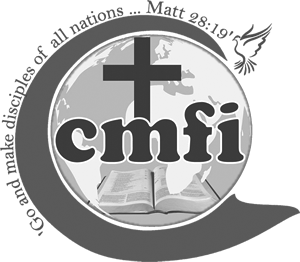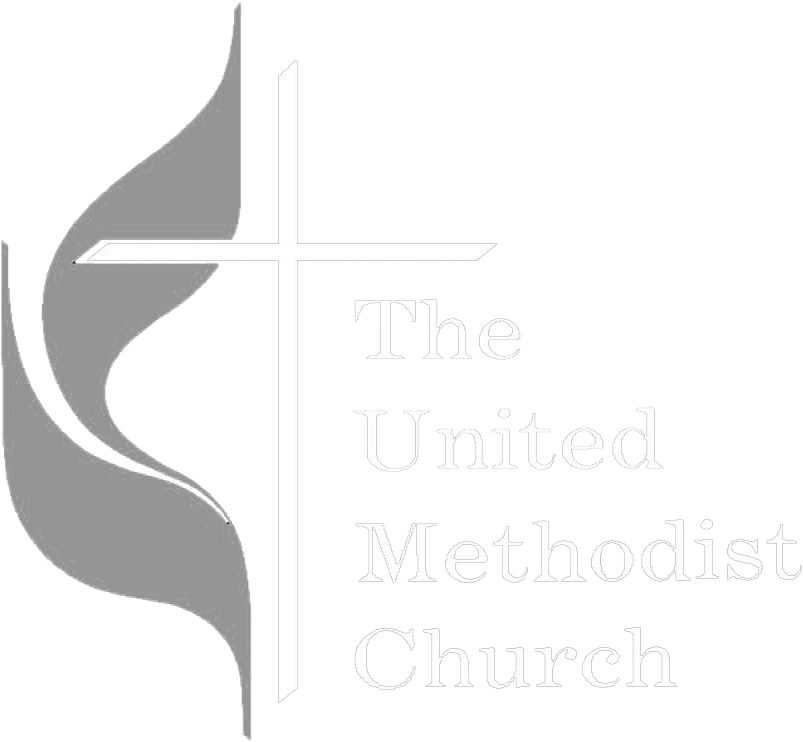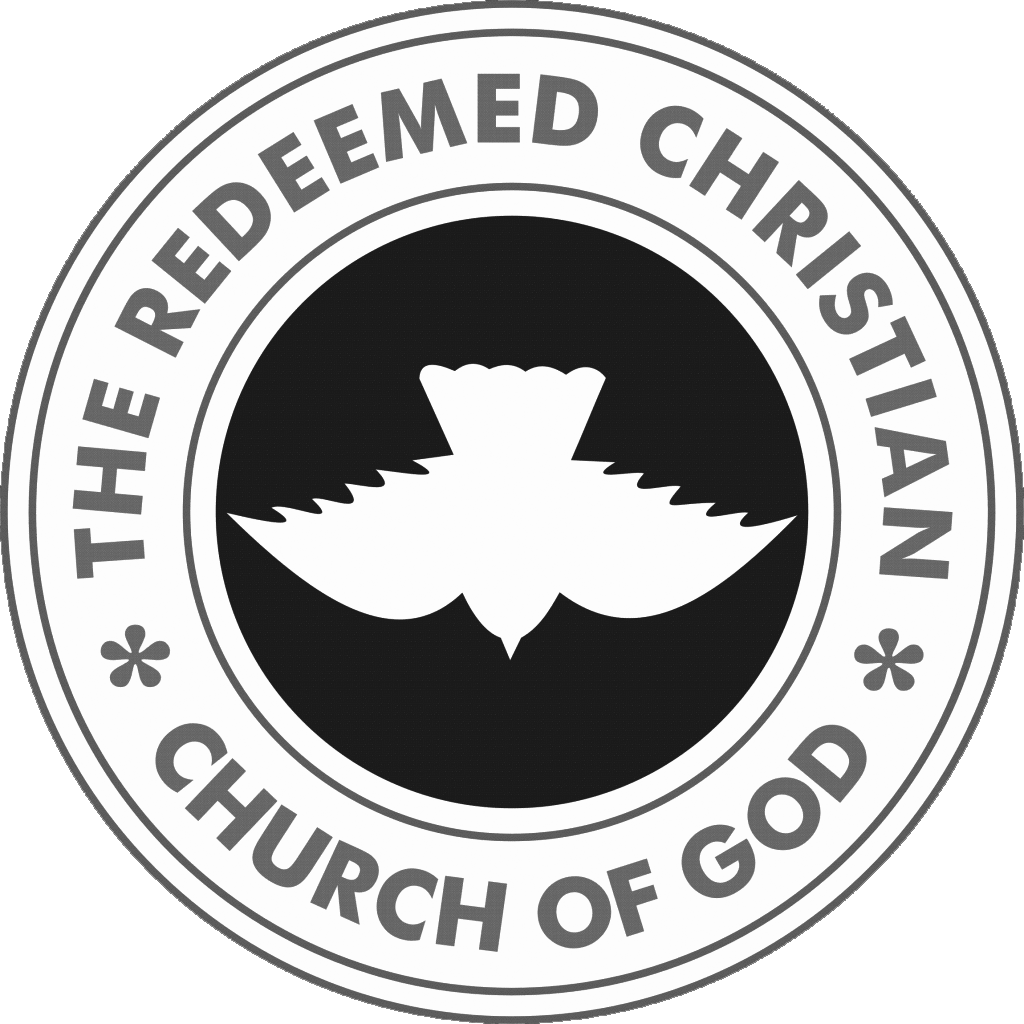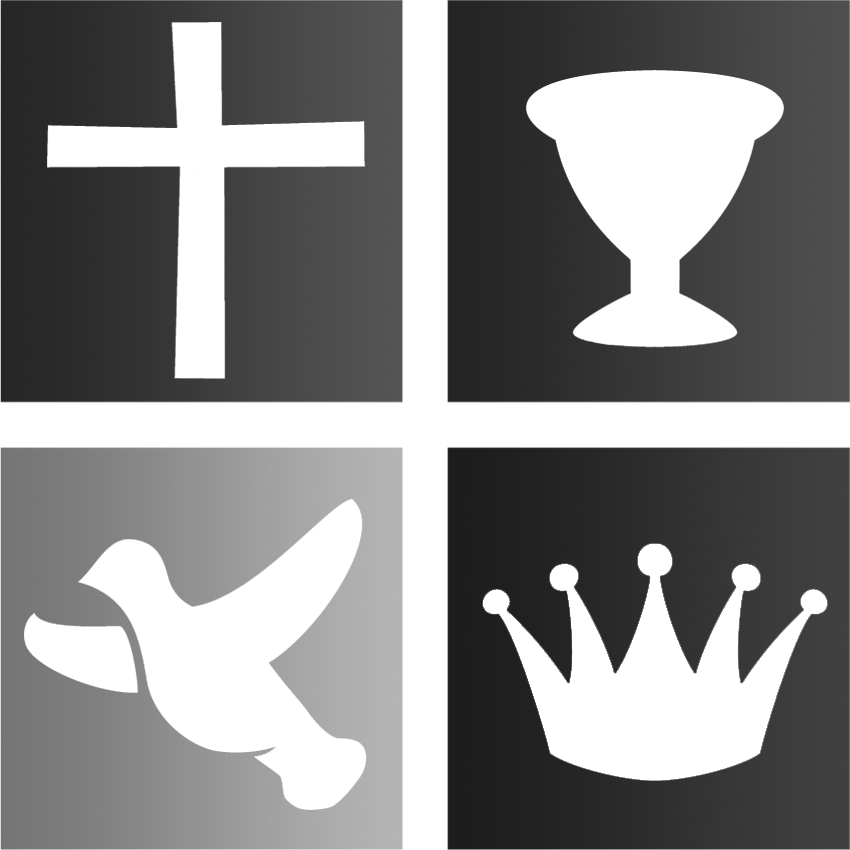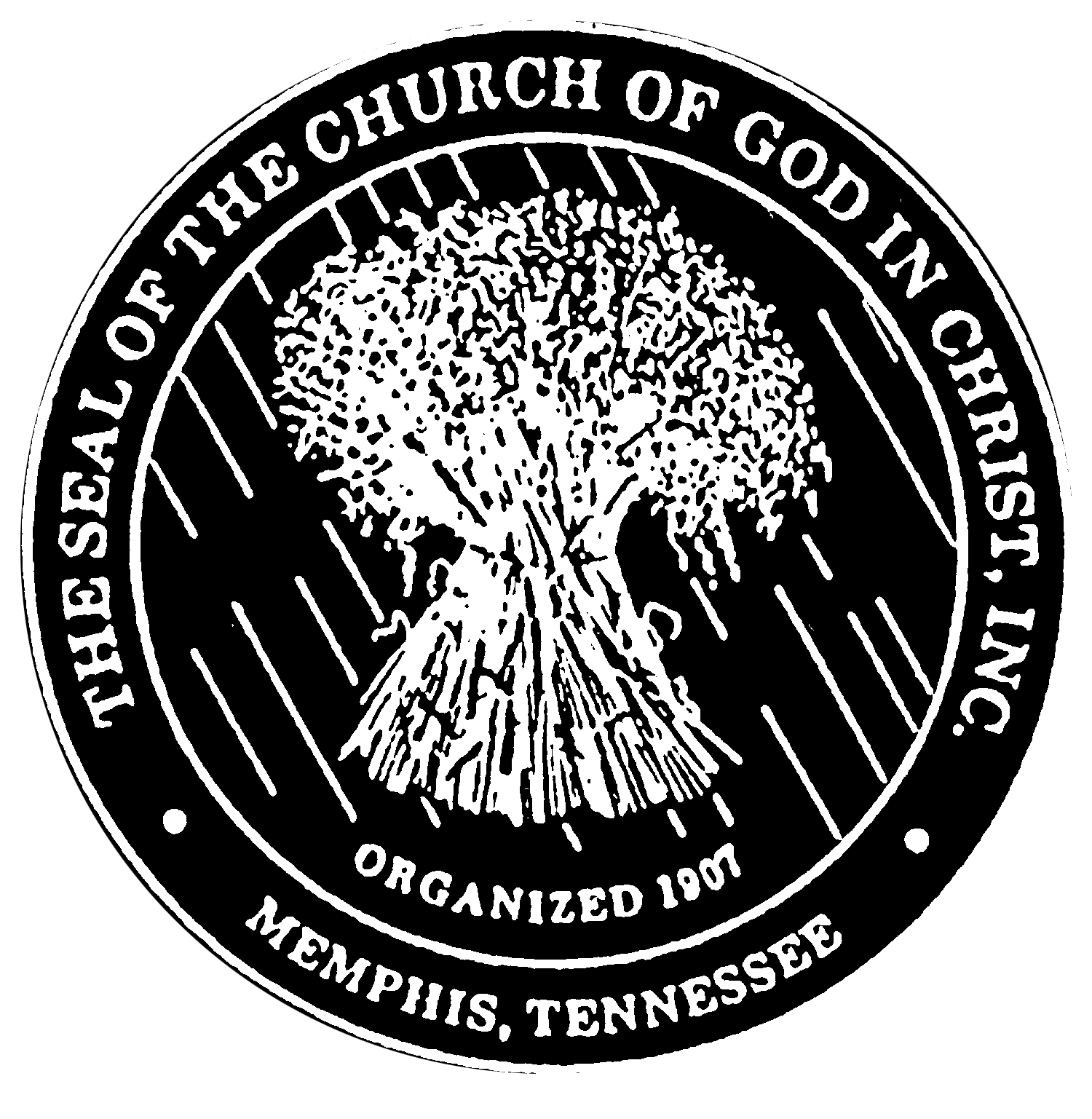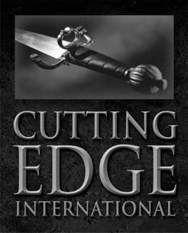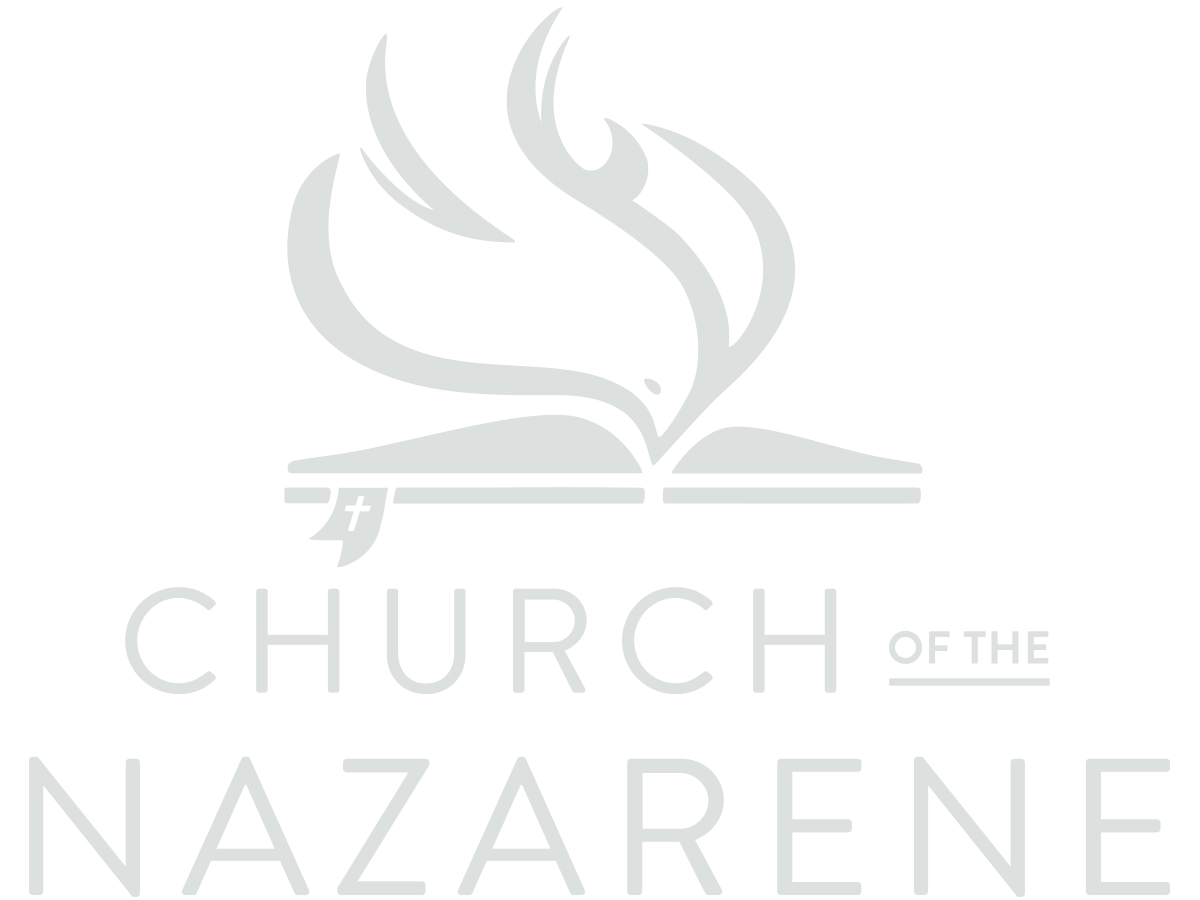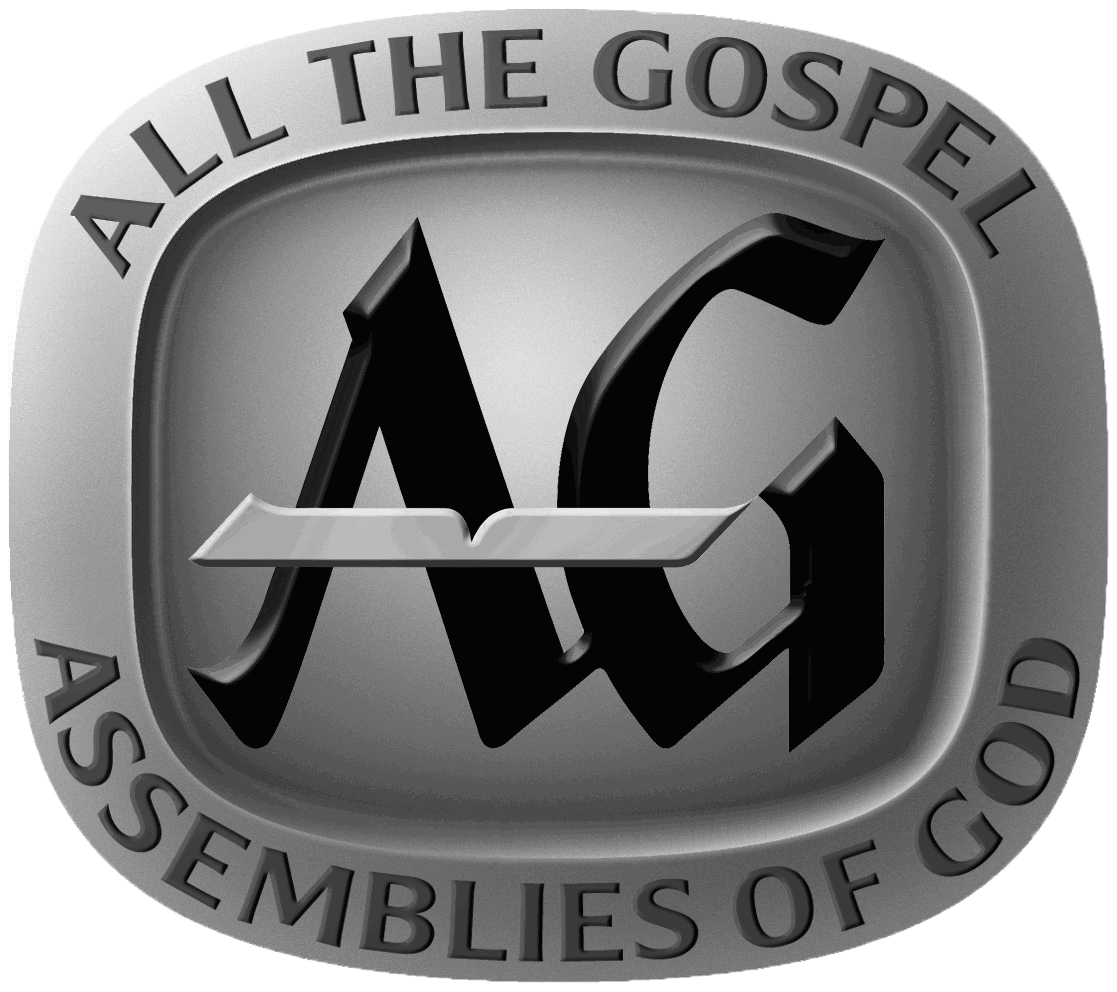The Way Of Cain
 Woe to them! For they have gone in the way of Cain!” (Jude 11)
Woe to them! For they have gone in the way of Cain!” (Jude 11)
The book of Genesis is a book of beginnings. Genesis records the birth of the universe, the world, the sun, the moon, stars, animal life, plant life, human life, and many other important things.
 In the first eleven chapters of Genesis, many “first” things appear: the first man, the first woman, the first command from God, the first marriage, the first home, the first sin, the first death, the first sacrifice, the first worship, the first murder, the first curse, and so on.
In the first eleven chapters of Genesis, many “first” things appear: the first man, the first woman, the first command from God, the first marriage, the first home, the first sin, the first death, the first sacrifice, the first worship, the first murder, the first curse, and so on.
It was no marvel that the heart of Eve rejoiced when a son was born to her. The first-born child is always hailed with wonder and delight. But with Eve there was exceeding cause for rejoicing. The child was not only her first-born but the first-born in the world. In her arms was the first infant that ever smiled or wept. It was more to her than all creation. It was hers, as nothing else had ever been. The mother’s love, latent until then, at once declared itself. That boy was her treasure! It was in him that she was to find her all, and so she named him Cain, or ‘possession.’
How soon were her joys diminished, her anticipations of perfect happiness in her possession blighted! The name she gave her second son is almost a significant disappointment. She called him Abel or ‘vanity.’ Was it because she had already found that a mother’s experience was one of no unmingled bliss? Her first-born, her possession, never became what she, with a mother’s hope, imagined and with a mother’s faith predicted. The name by which we are called is no criterion of the nature we possess, and no true prophecy of the end that awaits us.
Cain proved to be a possession — but a very different one to what his happy mother ever thought when she named him in the moment of maternal joy. His career was a dark one throughout. From the few glimpses we have of his character, I would imagine that he, from his boyhood, was haughty, self-willed, proud, and desperately daring, despairing rebellion.
The first-born child proved to be a murderer! Who can describe the horror of that scene? And who perhaps more horrified than Cain? In these days, death is commonplace. It surrounds us on every hand. There are remembrances of it visible in every congregation. We know that every moment, someone dies somewhere. Every day, by accident as well as by disease, men are changed to corpses!
A human corpse is no novelty now. But it was in the day of Cain, and it is no stretch of imagination to conceive the murderer standing by the bloody corpse aghast with horror and amazement. It is scarcely to be imagined that Cain would have premeditated Abel’s death. If he did, it must have been like an invention to him. He knew indeed that man was to die, and he had seen animals dead, but it was open to question whether he even supposed man was liable to death by violence.
Burning hatred, angry words, a fearful blow, and the deed was done! The first-born man became a murderer and the second-born a martyr! Fleeing from the field of blood, he is met by his God. His hardened heart refuses repentance. He goes out “from the presence of the Lord,” builds a city, and seeks worldly pleasure to drown his remorse. It is a sad end to a joyful commencement.
“Woe to those who go in the way of Cain.” Some are perhaps saying “How does this apply to us? What have we to do with Cain?” The way of Cain, although an old one, remains popular. And as Jude holds it up here as a warning, we cannot be wrong in trying to find out what the Holy Spirit intends to teach by it, and to what practical purposes we can turn it.
I. The Way Of Cain Is One Of Discovery
The choice is yours. Man, like no other of his creation, can make choices. The Word of God teaches that if man sows to the flesh, he will reap destruction. If man sows to the Spirit, he will reap life everlasting. Cain reached a time in life when he had to decide whether he would serve God or the devil; with every choice, there is a consequence.
 The Lord Searched Him
The Lord Searched Him
God said, “Where is your brother?” God did not ask because He did not know where Abel was. He was providing the opportunity for Cain to come clean. Yet, Cain missed his moment!
The whole of the wretchedness of his life, including the unnatural murder of his brother, may be traced to this source. He murdered his brother because he hated him. He hated him because his sacrifice was accepted by the Lord, while his own was rejected. His sacrifice was rejected because he offered the wrong offering upon the altar. He gave the wrong offering because he was ignorant of his state before God and ignorant of God’s requirements. He was willing to worship, but it must be a worship dictated by his taste and not one in obedience to God’s will.
Many greatly err in their judgment for why Abel was accepted and Cain rejected. They try to find the reason in the men. Now, there was no reason why one should be accepted and not the other. Both were sinners, both came from fallen parents, both were born outside of Paradise, and both were devoid of any righteousness of their own. Yes, if anything in the men had been taken into account, Cain, on the ground of being the first-born, might have been most likely to have received favorable notice. Yet, he was the one rejected.
The truth is, the difference was not in the men, but in their sacrifices. If you turn to the the fourth chapter of Genesis, you will see that in both cases the men are linked with their offerings, “And the Lord had respect to Abel and to his offering; but to Cain and his offering he did not have respect” (Gen 4.4-5). What was the difference between the two sacrifices that secured the acceptance of one and the rejection of the other? The answer to this question will bring before our notice the most important truth possible to imagine. It will also expose the most general mistake of the day. The two sacrifices were as follows: “Cain brought the fruit of the ground,” and “Abel brought the firstlings of his flock.”
In the worship of one, there was blood; in the offering of the other, there was none. Looked at from this standpoint, the two sacrifices were as far removed as the antipodes. One was expressive of a religion based on atoning blood and the other ignored atonement altogether.
The curse that fell on man for sin also extended to the ground he was sent to cultivate. “Cursed is the ground for your sake,” were the words uttered by God to Adam.
Now in Cain’s offering to the Lord, he presented to Him that on which the curse already rested and in which there was no blood. He was ignorant of the defilement of sin and ignorant of the fact that as death was the penalty of sin, there must be the recognition of that fact made by him in his approach to God. Cain never took the place of a condemned sinner before the Lord. He never said by his sacrifice what Abel did, “I deserve to die!” The flowing blood on Abel’s altar was eloquent of his conviction of sin and his knowledge and need for atonement.
The flowers and fruits that bedecked the altar of Cain, however lovely they might have been in themselves, made no such confession. They told perhaps of care and perseverance. They were the results of the sweat of his brow — but not the faith of his heart. They were beautiful but bloodless. And the sinner must rest in blood, and not in beauty.
Ignorant of his sinnership and ignorant of God’s requirements, Cain offered a sacrifice incompatible with either. No doubt, reason might find many excuses for Cain, and approve his offering. It might suggest that as he was a tiller of the ground, the most appropriate gift he could make was the fruit of that ground. But reason never did or can find its way to God, and the idea of giving to God is reason’s great mistake. The sacrifice was not for man to give to God, but for man to receive from God. It was not reason that led Abel to make the choice he did, but faith. “By faith Abel offered a more acceptable sacrifice than Cain” (Heb 11.4). Faith sees far more clearly of the things of God, than the brightest reason.
Now, the way of Cain is the way of the world. It has no objection to an intellectual religion. It willingly gives its fruits and flowers but refuses to be received through blood. To take the position of a death-deserving sinner and receive pardon through the death of a substitute is too humiliating for its pride. Whichever way you look now, the religion of Cain is abounding. Multitudes of sermons are preached without one word about the necessity of blood for salvation. Sinners are told to do their best and give to God from the fruit of their own hands, but they are never told that without blood, there is no remission of sin. Professors abound whom you never hear mention the blood of the atonement as the ground of their confidence.
 The Lord Saw Him
The Lord Saw Him
God said, “your brother’s blood cries to me from the ground.”
Billions of people know there is a “God who sees,” but they choose to put this thought in their minds. When in the act of disobedience, people forget who ultimately is watching and listening.
Cain’s religion is now the most respectable and popular religion of the day. It involves no abasement in the dust; no humiliating confession of sinnership; no absolute dependence out of self. No moral compass. It flatters man’s pride, elevates his reason, and hardens his carnal heart.
Cain’s religion is the curse of our day! It drugs men into insensibility and indifference. If they had none, there would perhaps be more hope for them; when sinners were appealed to, they would feel they were addressed. But as it is, they put themselves down as part of “the religious world.”
I have already said that shortly after the murder of Cain’s brother, God spoke to him. The words were sufficient to have struck conviction and terror into any heart less soft than a nether millstone. “Where is Abel your brother?” How this question must have rung in Cain’s ears and brought up before his vision Abel still lying in a pool of blood. “Where is he?” Dumbfounded by the directness of the question and convicted by an accusing conscience, he stammers a lie: “I do not know.” Then, he grows bolder and says, “Am I my brother’s keeper?”
Vain was the attempt however to keep up a bold front before Jehovah. The reply was a crushing one that bore down the impudence of the sinner. “The voice of your brother’s blood cries to me from the ground!
Yet, we must not forget that God said to Cain, after his sacrifice had been rejected, “and if you do not do well, sin lies at the door” (Gen 4.7). This portion can be translated, “and if you do not do well, a sin-offering lies at the door.” In other words, God pointed out to him that a provision was made for the pardon of sin. Convinced now of the greatest crime, will Cain seek forgiveness through an offering for sin? And the answer is no.
The Lord Sentenced Him
Cain says, “My punishment is greater than I can bear,” or as it may be translated, “my iniquity is greater than may be forgiven.” Is there no hope for him now? Will he not yet seek mercy through the blood?
Hardened and despairing, he goes out from the presence of the Lord, builds a city, and seeks to drown his remorse in pleasure. He and his descendants busy themselves in trying to make this world a pleasant place of residence, and with the sound of the harp and the flute, the guilty man tries to drown the voice of his brother’s blood. This is the way of Cain. Guilty Cain, with all his energies devoted to the building of a city, away from the presence of God is a picture type of what millions of people are doing today.
People have chosen today to live their lives in their cities and communities away from the Lord. During the daylight hours, they fill their day with business and busyness. In the nighttime, you can go to the streets you will see the same thing in another form. Look at the crowds pouring into our theaters, music halls, shopping malls, and much more. What do they teach? Why that the mass of mankind finds its joy away from the presence of the Lord, in its own city. Its pleasure is to get away from God, and all that could remind it of God; and the further away, the greater its pleasure!
The blood that speaks of better things than that of Abel has been shed upon this earth; but what does the world care about that? Speak to them of it, and they will laugh at you for being a fanatic — or else tell you not to spoil their pleasure by talking of such a dreary subject. The world is the way of Cain. Never mind the past — don’t trouble about the future — enjoy the present. Get rid of dull thoughts; and if ever a qualm of conscience does arise through the memory of the past, strangle it at once by some new mode of dissipation.
Yet, the world says, “We must keep up with the times. This is a fast progressive age, the age of technological advancements, and you cannot expect us to be behind the times.” The way of the times, as people call it, is a very old way; it dates back to the day of Cain! It is no novelty that you are indulging in. The first murderer set the fashion and you are but keeping it. He went from the presence of the Lord to find his joy in a city and you are acting the same.
And, before I forget, even though people bury themselves in this world’s pleasures, it does not remove the brand of Cain from their brow! If you have left the presence of God, there is a brand on your forehead. Although, no one but God can read this brand. It reads thus, “Condemned already!” “He who does not believe,” the Scripture tells us, “is condemned already!” (John 3.18). Cain may go from the Lord — but he carries his mark on him. He may build a city and listen to the sound of the harp and the flute but the music does not smooth the brand away.
II. The Way of Cain Is One Of Despair
 The Misery That He Expresses
The Misery That He Expresses
While he begs God for help with, “My punishment is greater than I can bear,” he blames God for hurt with, “Behold, thou has driven me out this day. . .” In a way it sounds some like Adam. Adam said to God, “the woman you gave me.” In other words, both of their minds, somehow, God was also to blame for their plight.
Even though Judas runs out of the presence of the Lord and weeps bitterly, I believe he would have returned if the Lord had forgiven him. Along the way, Cain is given the opportunity to confess, come clean, and commit his life to the Lord. But he will not do it!
God wants Cain to repent of his attitude toward God and to walk with God in faith, humility, and submission, like Abel his brother. God is looking to produce a change of heart and a change of mind in Cain.
God warns him that sin is like a wild beast crouching, ready to pounce, lying just outside the door. That beast is waiting to pounce on Cain and devour him. If Cain will come to God God’s way, then He can have power over the beast. If he doesn’t change, repent, and honor God’s way, then sin will control him. We know which way Cain chose. He refused to repent. He refused to love the Lord. He refused to walk in God’s plan. And, sin consumed him.
Every unbeliever who has passed through this world since Cain has had the same problem. They possess an unrepentant heart. The lost sinner is the slave of sin and Satan (Ephesians 2:1-3; John 8:44). God calls the lost to repent of their sins, turn to Him, and walk in His will, His Word, and His ways. That is the only path that leads to Heaven. All other roads lead to Hell.
The path of sin always leads to disillusionment, defeat, and death. The path of sin always leads away from peace, hope, and joy. The path of sin always ends in the fires of Hell. God cannot help someone like Cain. No one can. The person who refuses to acknowledge his spiritual condition and who refuses to repent of sin cannot, and will not, be saved. All those who are lost and remain that way are characterized by an unrepentant heart.
The Mercy That He Is Extended
God speaks to Cain with, “Whosoever kills Cain, vengeance shall be taken on him sevenfold. Then, God gives a sign to Cain. We read, “the Lord set a mark upon Cain lest any finding him should kill him.”
Amid Cain’s punishment, Cain is extended mercy. The ground was cursed for him. For a farmer, this would be devastating. God is saying, “Your sin has poisoned the earth against you. No matter where you go or how hard you work, the earth that swallowed your brother’s blood will stand in testimony against you, and it will not honor your work with fruit. In addition to that, you will be a fugitive and a wanderer for the rest of your days.”
In Genesis 4:13, we know that Cain recognized the severity of his punishment. He paid a high price for his sins all the days he lived in this world. He was banished from home and family. He was consigned to a horrible, desperate existence. The name Cain appears in the Bible twenty times in seventeen verses. His name appears only three times in the New Testament, and each time it appears, it is used negatively.
In 1 John 3:12, we read, “Not as Cain, who was of that wicked one, and slew his brother…” That verse tells us the ultimate fate of Cain. He “was of that wicked one.” Here is a sobering thought: Cain was the first child born into this world. He was born to parents who were imperfect but knew God, had walked with God, and taught him the truth. He had a brother who knew God and knew how to approach God. Yet, Cain was a lost man, and in the end, the first baby born in the world most likely died and went to Hell.
III. The Way Of Cain Is One Of Departure
 It is from no desire merely to try and frighten you, but the way of Cain is the way to a horrible hell. If I did not warn you in all faithfulness of the end of the way of Cain, I might hear addressed to me the solemn words, “Your brother’s blood cries to Me from the ground!” Besides this, how could the subject be complete without it? How is it possible to speak fully of any way, without telling where it leads to?
It is from no desire merely to try and frighten you, but the way of Cain is the way to a horrible hell. If I did not warn you in all faithfulness of the end of the way of Cain, I might hear addressed to me the solemn words, “Your brother’s blood cries to Me from the ground!” Besides this, how could the subject be complete without it? How is it possible to speak fully of any way, without telling where it leads to?
From Walking With God
“And Cain went out from the presence of the Lord.” We read in Jude, “These” (that is those who are like Cain)” are spots in your feast — clouds without water; trees whose fruit withers — twice dead, plucked up by the roots; raging waves of the sea, foaming out their shame; wandering stars, to whom is reserved the blackness of darkness forever.” Thus, you see no hope is even hinted at. The end of the way of Cain is the blackness of darkness forever.
For The Wilderness of Nod
We read, “and dwelt in the wilderness of nod.” Nod means wanderer. Instead of a worshiper, he is now a wanderer.
The story of Cain is one of the saddest in the entire Bible. The first child ever born on the earth becomes the first murderer. It is almost too hard to believe. No doubt, Eve taught both of her children not to listen to Satan. And, Adam surely instructed his two sons that God slain an animal to “cover their sin and nakedness.” Cain and Abel were raised in the same home and heard the same spiritual lessons. Yet, Cain chose Nod and Abel chose God. Over the millenniums since Cain and Abel, untold numbers of people, in essence, have chosen the same path as Cain.
I realize that Jude had no reference to the matter regarding Cain’s indifference to his murdered brother. Yet, the words, “Where is Abel your brother?” These were the words that arrested Cain’s attention. May these words convict us.
When we attend Church, do we ever ask ourselves, “Where is your brother? Where are those who are related to you by ties of blood? Where are those bound to you by friendship? Where are those who you work with? If your brother is not with you, then where is he now? Is he in Christ or out of Christ? Is he saved or unsaved? What is your brother’s condition in the sight of God?
You profess yourself a Christian, a follower of Jesus, one whose life is supposed to be a copy of Christ’s. You are one bearing the name of Him who, when surrounded by a rejoicing group, still wept when he looked down upon a guilty city and thought of its doom. Well then, I ask you, “Where is your brother?” What answer do you give?
Furthermore, in the way of Cain, I hear many reply, “I do not know!” Yet, that answer will never do. When people utter the words, “I do not know,” I think I see Cain as he utters the words.
Cain did know where his brother was. I suspect that most likely you know where your brother is today. Also, if you truly don’t know where your brother is, you should know. If we are not careful, like Cain, we can leave our brother in his blood. Indifference about lost souls is the crying sin of the church!
Parents, are your children converted? You must know. If they are not, what are you doing to bring them to Christ? Young man, young woman, are you a Christian? Is your younger brother one? What are you doing for him? Are you turning your back on him, like Cain, and deliberately leaving him in his blood? May God have mercy on you, if you are. His blood cries to the Lord from the ground.
But perhaps some, instead of pleading ignorance, boldly ask, “Am I my brother’s keeper?” Yes, in a certain sense, we are. We are not responsible for his ultimate salvation. If the saints were responsible for the sinner’s salvation, I might be crushed with despair as I look around this world today. But we are responsible for doing all we can to lead our brother to conversion, and from this responsibility, there is no escape. O that God might enable us to say, I am clear from the blood of souls!
Let me show you a more excellent way. It is the way of Christ. Jesus said, “I am the way” (John 14.6). As a sinner, take the sinner’s place, and plead the blood that speaks better things than the blood of Abel. Plead the blood that tells of pardon, peace, joy, and Heaven. It was shed on Calvary’s cross and it is from there that the way to Heaven begins. I urge you to be done with Cain and cry to Christ. Turn your back on Cain’s bloodless religion and trust the precious blood of Jesus.







